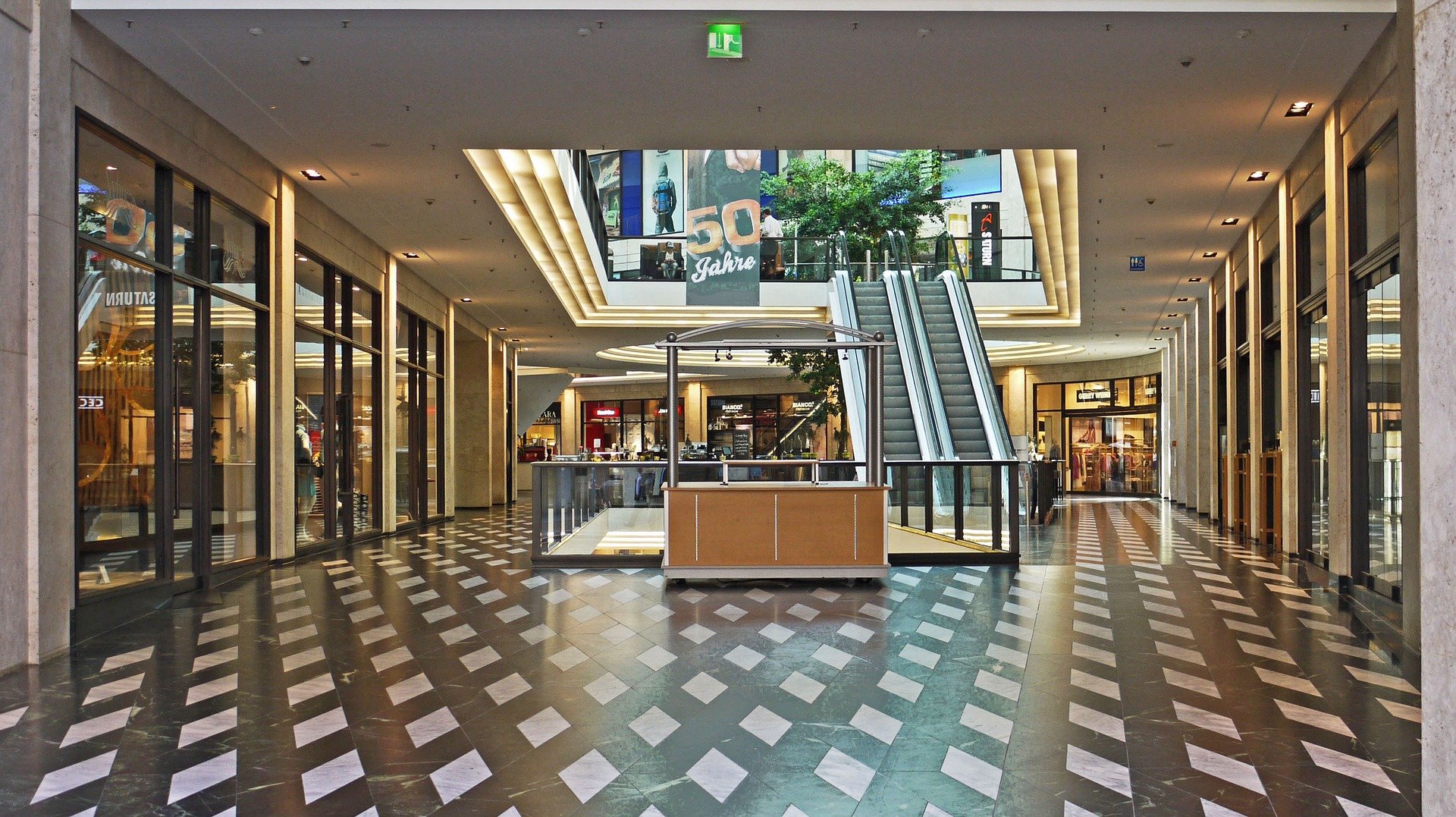Unemployment is always a pressing issue for the government. The pandemic and the temporary closure of businesses has caused significant stress for workers and business owners. In the world of furlough payments, we can forget the financial significance of unemployment payments. Simply put, fewer people out of work means fewer people claiming allowances and a rise in overall disposable income, both advantages for the state of the economy.
Arcadia’s Topshop and Topman is a recent victim of the high street. The recent acquisition of their brands by ASOS and BooHoo represent a loss of 13,000 jobs in the UK. The closure of high street stores is set to continue in 2021, and retail workers now face record levels of unemployment. However, a return to work is coming, intending to end furlough and recover from the unemployment caused by the pandemic. This is an opportunity to create a forward-thinking workforce beyond the pandemic. Successful retailers must do what they can do reduce unemployment in the industry — but how?
Employment and disability
In order to reduce the number of people who are out of work down to a disability, The Minister for Disabled People, Health and Work launched a campaign in 2018 which retailers can voluntarily opt in to. It is called the “Disability Confident” employer scheme which provides employers with the skills, examples and confidence to recruit and develop disabled employees.
The government aims to see one million more disabled people in work by 2027 and this is a great opportunity for retailers who are doing well in the industry to expand their workforce. By looking at the Disability Confident list of employers that have signed up, we can see that branches of big names such as Asda, Barclays, and B&M Bargains are all committed.
Encouraging a diverse workforce
In 2017 it was reported that retail companies in the FTSE 100 are ahead of other industries when it comes to gender diversity. Retailers should focus on broadening their selection process when it comes to the recruitment process. This can ensure that those who’ve lost a job in a retail position face equal opportunity when it comes to finding a new role.
Encouraging diversity in gender and cultural background when hiring is not only beneficial for employees, but also for the business itself. Ultimately, when a workforce is representative of a customer base, it can lead to a better understanding of the target market and an improvement in business performance.
Charity collaboration
Another way to reduce unemployment levels is to collaborate with charities who are there to help those who are struggling to find work.
Partnering with a disabled or mental health charity for example can help you reach those who are out of work because of a disability or health issue and encourage them to apply.
One example of this is men’s shirts retailer, CT Shirts. This company has a long-standing partnership with the Prince’s Trust which involves fundraising and a mutually beneficial relationship. This charity works closely with vulnerable young people who need a helping hand to get their lives back on track.
Like many retailers that The Trust works with, CT Shirts took advantage of one of their “Get Hired” days — a day of greetings and interviews with young people who have been through The Prince’s Trust Programmes to get to know some potential employees.
Cross-discipline training
It’s true that for many retailers, while the jobs of their in-store employees may be at risk, often recruitment in their digital marketing and e-commerce teams are still growing. Therefore, an important consideration to make is whether retail employees should be trained in other areas of the business too. Or at least should their knowledge of the company and its products or services be valued so that they’re allowed to progress in another area of the business after redundancy?
There are advantages and disadvantages to this idea, but it’s certainly something for retailers to think about before making mass redundancies across the business. Cross-discipline training can also encourage more loyal employees and therefore those who are more invested in the performance of the retail business as a whole.
As we can see, there is a range of considerations that retailers are currently making or should think about when it comes to reducing unemployment. As some companies pave the way, it’s down to other industry players to make big changes too.
Sources
https://www.burton-sweet.co.uk/retailers-encouraged-to-employ-more-disabled-workers/
https://www.gov.uk/government/publications/disability-confident-employers-that-have-signed-up







